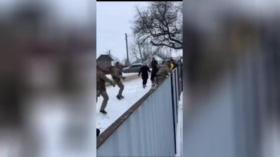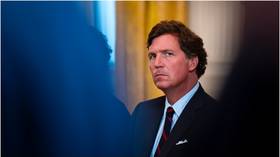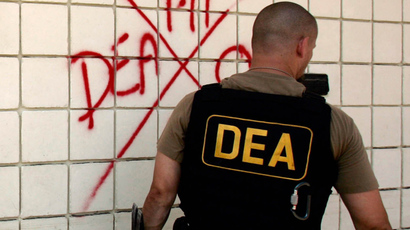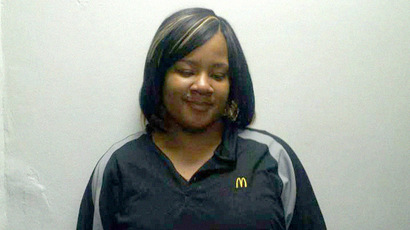Massachusetts declares public health emergency over heroin overdoses and opioids addiction
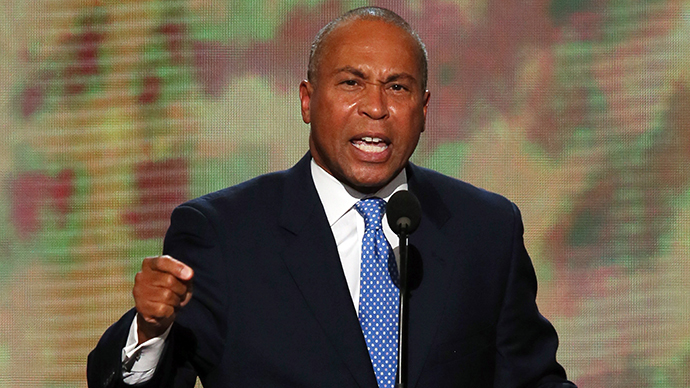
Massachusetts Gov. Deval Patrick declared a public health emergency in the state concerning the rising numbers of heroin overdoses and opioid addiction – even moving to ban a controversial new painkiller.
In an announcement Thursday, Gov. Patrick directed the Department of Public Health to take several steps to lower the number of deadly incidents. According to the governor’s statement, the number of unintentional opioid overdoses increased 90 percent between 2000 and 2012, and at least 140 people have died from suspected heroin overdoses in the last few months.
"We have an epidemic of opiate abuse in Massachusetts, so we will treat it like the public health crisis it is," Patrick said in the statement.
Noting that painkillers often act as a route to heroin addiction, Patrick said he has temporarily banned the sale of the new drug Zohydro until it’s proven that the necessary safeguards are in place to prevent abuse.
As RT reported previously, the hydrocodone-only Zohydro was approved by the Food and Drug Administration against the recommendation of its own health advisory panel, and has been singled out by doctors for its potential ability to cause a spike in overdoses.
According to the Boston Globe, Patrick called Zohydro “a potentially lethal narcotic painkiller,” while the Associated Press noted the governor’s concern that since the pill can be easily crushed it’s likely to be abused.
The makers of the drug at Zogenix defended their product to the AP, saying Patrick’s decision will be to the detriment of patients who are hurting.
‘‘The simple fact is that any medication, including opioid pain relievers, presents a danger to the person misusing or abusing it,’’ the company said, though it also stated steps to protect against abuse have been taken.
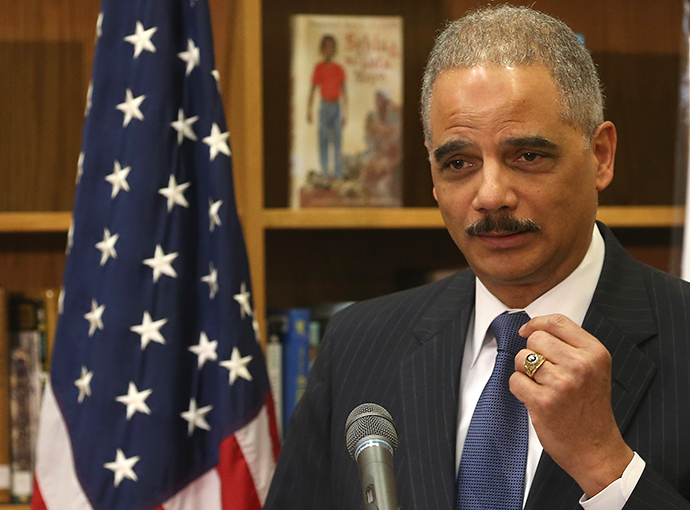
Additionally, Patrick directed the health department to ensure that all first responders had access to naloxone, a quick-acting drug that reverses the effects of overdose and restores breathing. Naloxone will also be made available at pharmacies for people whose friends or relatives may be at risk of an overdose.
Edward Kelly, president of the Professional Fire Fighters of Massachusetts, told the Globe that expanding access to naxolone “should be a no-brainer; this should be something that should be on every firetruck.”
Finally, the governor set aside $20 million for treatment and recovery services intended to help the general public and those in jails across the state.
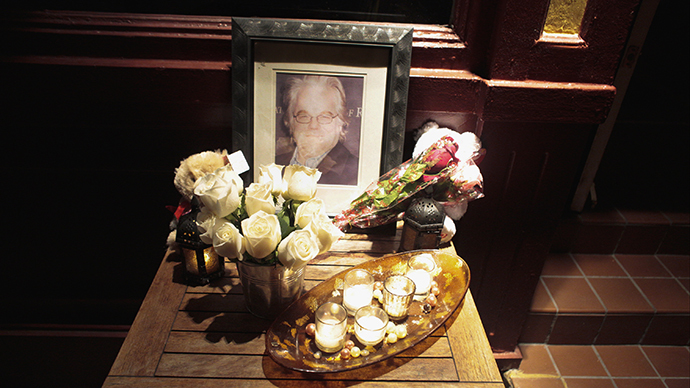
Patrick’s moves are largely in line with what Attorney General Eric Holder suggested earlier in March, when he called the spike in heroin and opioid abuse an “urgent public health crisis,” noting that deaths from heroin overdoses surged 45 percent between 2006 and 2010.
Attention to the dangers of heroin overdoses has increased in the US since the death of Oscar-winning actor Philip Seymour Hoffman thrust it back into the spotlight. Authorities found Hoffman dead in his apartment with a needle still in his arm, and autopsies showed he had a combination of heroin, cocaine and other drugs in his body.




